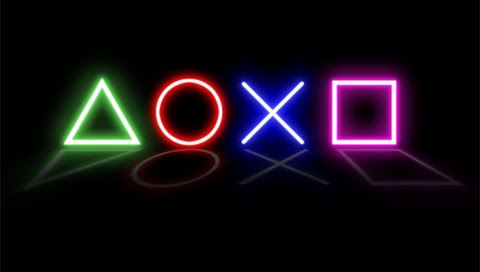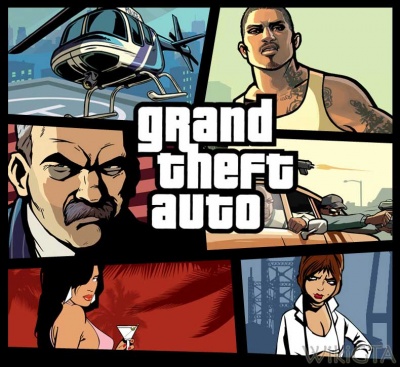a) Competing for a prize of some kind in a tournament
b) Defeating an arrogant or annoying little microphone warrior
or c) Beating a close, dear friend then laughing hysterically at their failure and holding it over their head for the purposes of banter.
Yes we all like winning and to try and get my latest egotistical boost came in the form of entering a Mortal Kombat 9 tournament for PS3, ran by Gamestation. I had a run in with this contest once before, a month or so ago when the demo for the smash hit fighter was released to the PSN and Live Arcade alike. Gamestation in cahoots with Warner Brothers ran the competition to which i was all too eager to join. As it was only the demo version, only 4 characters were playable; Johnny Cage, Scorpion, Sub-Zero and Mileena (HAHAHAHAHA). But yeah it was Scorpions all round with 1 Sub-Zero player. Anyways, I got to the semi finals and was absolutely annihilated by the overall contest winner, so i left disheartened. Yesterday however I attended another Gamestation tournament with hopes of redeeming my earlier defeat and much to my joy, I did! I took home the title of tournament winner and the proverbial gold - the gold being a cardboard Mortal Kombat sign and a copy of Thor on PS3.
So what is it that draws us all to the competitive arena? Well as I stated before; we crave victory. With victory comes fame, admiration, or even better; prizes. There's certainly no shortage of any kind for competitive gamers, both serious and casual. America is where the big gaming for money happens, with the likes of MLG (Major League Gaming) putting cash prizes up in the thousands. Over here in Europe we have the EGL (European Gaming League) and if you win, they make sure your name is known. Justin Wong, a name all to well known to competitive gamers all over the world. He's the one who dominates most every fighting game tournament there is, most recently Mortal Kombat - taking a hefty 10 grand winnings. Not bad for a days work..But for most of us - all competitive gaming comes to is a kill to death ratio on CoD, or being able to beat your friends to a bloody pulp without taking so much as a scratch. It's for bragging rights.
 Or is that very close minded of me? Of course it is. There are those who play, brace yourselves for this one.. FOR FUN. Good god, the concept is shocking isn't it? Yes there are those who play Call Of Duty who will be sniped by a filthy, camping little swine and will simply shrug, maybe even complimenting them on their good shot. The world would be a better, nicer place if every game was full of these kinds of players, but generally they don't tend to be very good. Not that that is a crime, I applaud people like that. I think we all take gaming, myself especially, far too seriously. At the end of the day - it's fake numbers brought about by fake bullets or punches. We realistically don't benefit or suffer from them, yet taking a bullet or finishing blow will force some players into a rage nonetheless - usually ending in them insulting whoever it was who beat them. I talk from personal experience of course, from both sides of the story..
Or is that very close minded of me? Of course it is. There are those who play, brace yourselves for this one.. FOR FUN. Good god, the concept is shocking isn't it? Yes there are those who play Call Of Duty who will be sniped by a filthy, camping little swine and will simply shrug, maybe even complimenting them on their good shot. The world would be a better, nicer place if every game was full of these kinds of players, but generally they don't tend to be very good. Not that that is a crime, I applaud people like that. I think we all take gaming, myself especially, far too seriously. At the end of the day - it's fake numbers brought about by fake bullets or punches. We realistically don't benefit or suffer from them, yet taking a bullet or finishing blow will force some players into a rage nonetheless - usually ending in them insulting whoever it was who beat them. I talk from personal experience of course, from both sides of the story..Let's look at it from a different perspective. Competitive gaming inevitably took off largely due to the introduction of consolised online play - no longer did you have to spend a fat wedge on a computer powerful enough to run all of NASA just to play online games. Now most every household has some kind of gaming system with online capabilities. Game developers of course recognised the importance of competition, why else would they focus so heavily on online play? Not only that but they cater to the needs of the competitor by including number of deaths, number of kills, ratios, accuracy.. Every aspect of play can now be seen and compared. Modern Warfare 2, the critically acclaimed FPS, had an astonishing 8 million online players in it's first week of release - all blowing each other to pieces, so obviously there's no lack of demand for it.
That's not to say that the non-competitive among us aren't accounted for. God knows any potential untapped resource will be realised by developers far and wide in an attempt to squeeze the last penny from their wallets. Just look at the Wii, that I can think of there are no seriously competitive games on the console save for Super Smash Brothers which admittedly can get exceptionally heated. Save for SSB it has the likes of Red Steel and a few others like it, but they don't support online play. Luckily we live in an age where every type of player is catered for.
So that's my little bit on competitive gaming. To finish off - here's a priceless video of competitive gaming and it's potential effects;











